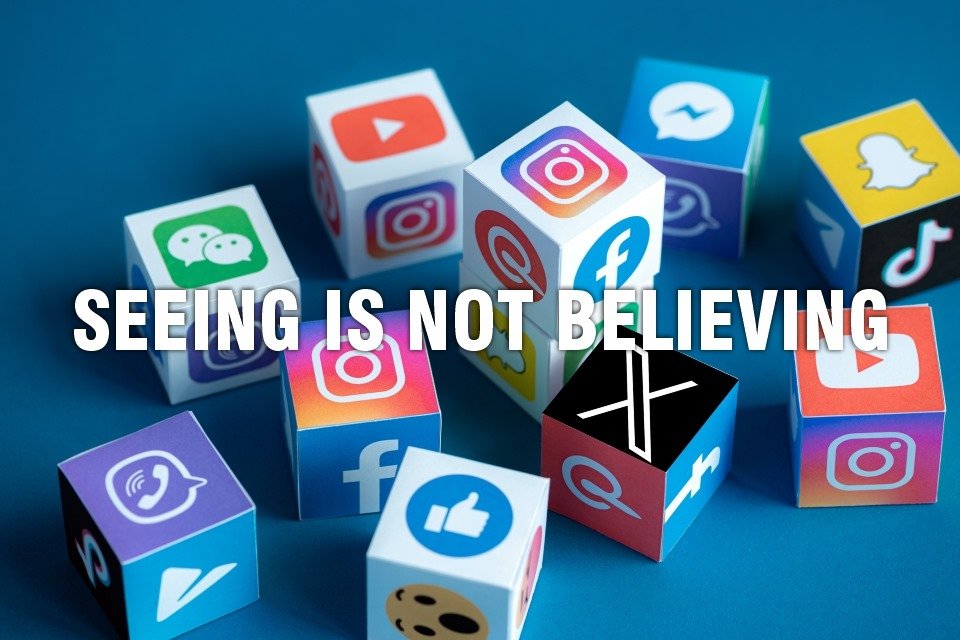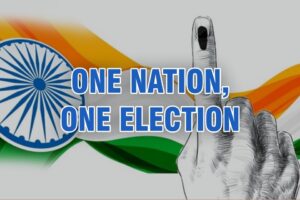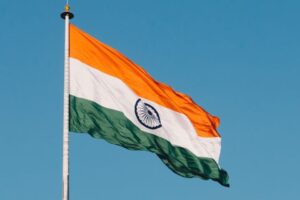In the digital age, the world has witnessed a profound transformation in the way information is disseminated and consumed. India, with its ever-expanding internet penetration and burgeoning social media user base, has been at the forefront of this revolution. The power of social media to shape political discourse, influence election campaigns, and the rapid spread of fake news cannot be overstated but are these changes strengthening our democracy or eroding its very foundations?
The Amplification of Voices – A Promise of Democracy
Social media platforms have undeniably amplified the voices of ordinary citizens. It has democratised information sharing, enabling individuals to express their opinions, concerns, and grievances without the need for intermediaries. In a diverse and complex democracy like India, this newfound ability to engage with political issues directly is, in many ways, a promise fulfilled. It has allowed marginalised groups, youth, and activists to be heard like never before.
Election Campaigns in the Digital Age – A New Battlefield
The influence of social media on election campaigns cannot be underestimated. Political parties have recognised the reach and impact of these platforms and are investing heavily in digital strategies. The ability to micro-target voters, spread campaign messages rapidly, and engage with the electorate in real-time has become central to political campaigns.
While this shift has its advantages in terms of engagement and outreach, it also raises questions about the role of money, data privacy, and the manipulation of public opinion. The unchecked spread of sensationalist content, polarising narratives, and sometimes outright misinformation has become a growing concern.
The Dark Side – Spreading Misinformation
Perhaps the most disturbing aspect of the social media phenomenon is the rapid dissemination of fake news and misinformation. False stories, manipulated images, and misleading narratives can spread like wildfire, influencing public opinion and even swaying election outcomes. The consequences of misinformation can be dire, ranging from public panic during crises to undermining trust in democratic institutions.
Social media algorithms, designed to maximise user engagement, often prioritise sensational content over accuracy. This inadvertently rewards those who spread misinformation and further polarises society. The viral nature of false stories makes it difficult to counteract them effectively.
A Call for Responsibility and Regulation
The question that looms large is whether the influence of social media on Indian democracy can be harnessed positively while mitigating its negative aspects. Responsibility and regulation are the need of the hour.
Social media platforms must take a more active role in monitoring and curtailing the spread of fake news. This includes algorithmic changes to prioritise credible sources, clearer policies on misinformation, and stronger efforts to identify and remove false content.
At the same time, media literacy and critical thinking skills should be a part of the education system. Citizens need the tools to discern credible information from propaganda, and they must be encouraged to fact-check before sharing.
Social media has irrevocably altered the landscape of Indian democracy. Its potential to amplify voices and engage citizens is undeniable. However, the unchecked spread of misinformation threatens to undermine the very foundations of our democratic institutions.
To strike the right balance, it’s essential that social media platforms, the government, and civil society work together to ensure responsible use of these powerful tools. Only then can we hope to harness the positive aspects of social media’s influence on Indian democracy while guarding against its darker side. The future of our democracy depends on it.




